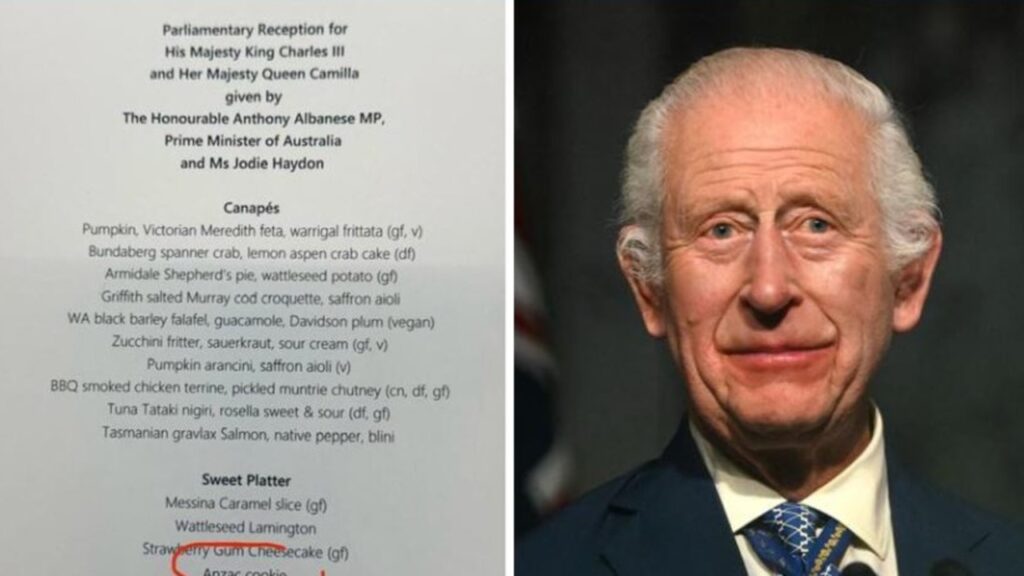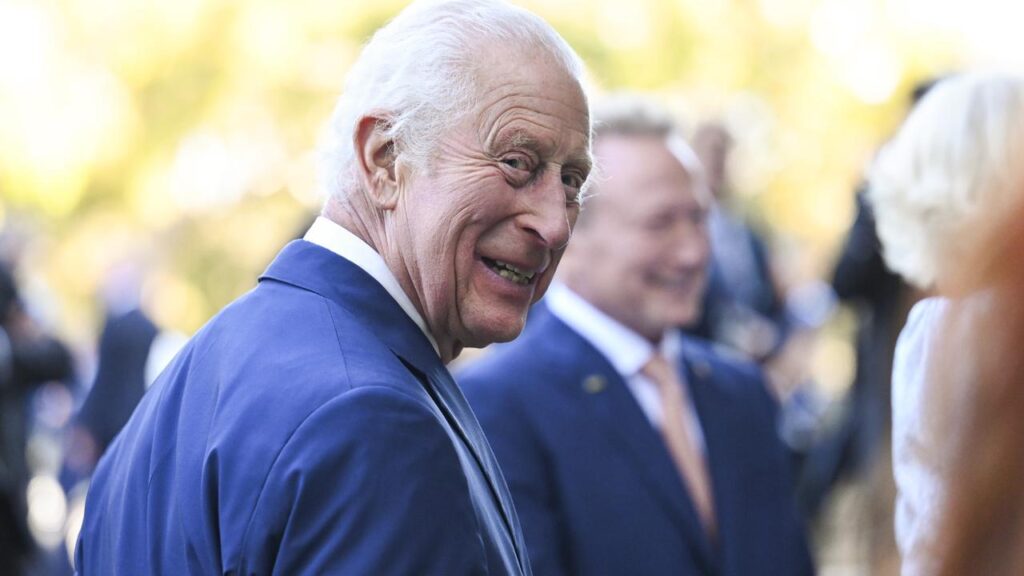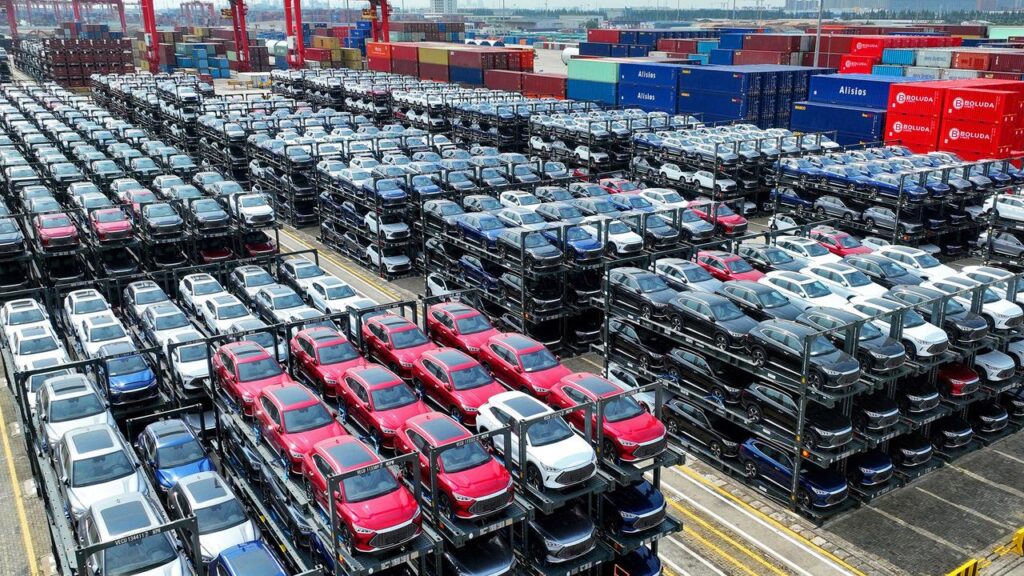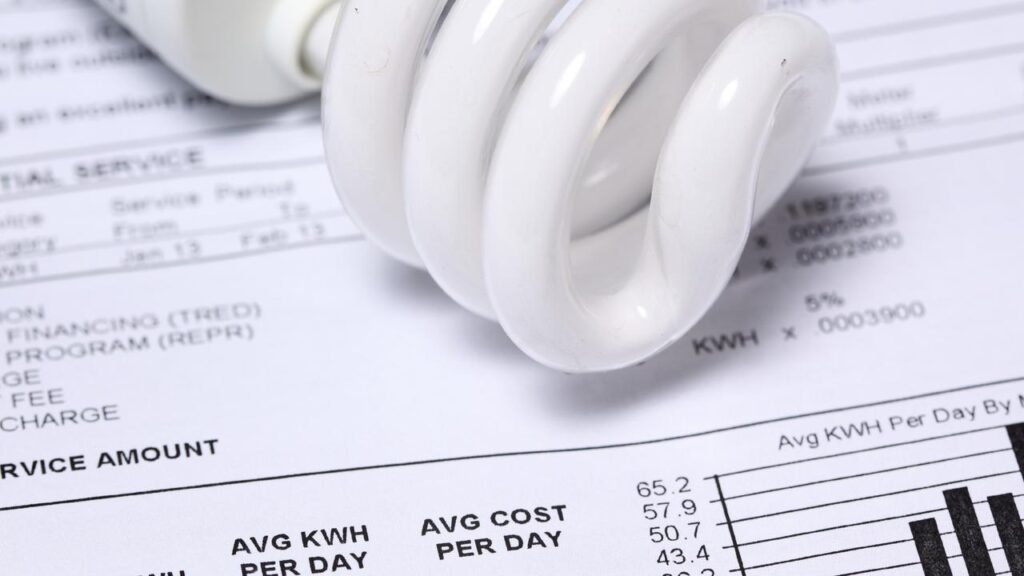Crackdown on foreign uni students as migration numbers revised upwards again
Written by admin on May 14, 2024
The number of international students universities can enrol will be tied to their construction of suitable accommodation under a major immigration crackdown by the federal government.
Labor is under pressure to assure voters it can halve the net overseas migration intake from a record 528,000 last year to a promised 260,000 next year to ease the strain on Australia’s housing market ahead of the next election.
Lucrative full fee-paying international students have been a key driver of the country’s record population growth, and the universities were given notice over the weekend that the gravy train was coming to an end.
“We’re addressing the pressures caused by population growth, with net overseas migration next year now expected to be half what it was last year,” Treasurer Jim Chalmers said in his budget speech on Tuesday night.
Under a raft of changes, universities will be forced to cap numbers of overseas student enrolments after decades of unprecedented growth.
Temporary visa numbers have remained largely uncapped since the Howard government, leading to the student visa explosion.
Non-refundable student visa fees will be increased, and English-language proficiency requirements will be tightened.
Higher education providers under investigation for serious regulation breaches will also be banned from recruiting students from overseas, and newly registered universities and colleges will be required to prove a demonstrated track record of quality course delivery for domestic students before allowing foreign enrolments.
“Australia’s international education sector is a national asset,” Dr Chalmers said.
“But for too long, enrolments have grown without being matched by an increase in student housing supply. This puts pressure on prices and rents, especially in our cities and suburbs.
It makes finding housing harder for everyone.”
Dr Chalmers said Labor had developed a “more substantial, more sustainable approach”.
“If universities want to take more international students, they must build more student accommodation,” he said. “We will limit how many international students can be enrolled by each university based on a formula, including how much housing they build.”
The permanent migration program, meanwhile, has been reduced by 5000 places to 185,000 for 2024-25, with an “ongoing focus on skilled migration”.
Tuesday’s budget saw the government again revise its migration forecast upwards for this financial year.
In its mid-year update in December, the government expected the 2023-24 number to come in at 375,000.
It now expects net overseas migration of 395,000, before falling to 260,000 in 2024-25 and 255,000 the following year.
“The Albanese government’s net overseas migration forecasts have consistently undershot the actual outcomes,” said MacroBusiness chief economist Leith van Onselen, who predicted the actual 2023-24 number would come in “well above 400,000”.
“The federal budget has continued this trend. The federal budget’s 395,000 net overseas migration forecast for 2023-24 seems significantly understated given the recent record net permanent and long-term arrivals and temporary visa data published by the ABS and the Department of Home Affairs.”
But van Onselen said the 260,000 forecast for 2024-25 “seems more realistic, given the tightening of student visas announced by the government”.
“However, 260,000 net overseas migration would still be around 40,000 higher than the 220,000 average recorded in the 15 years of ‘Big Australia’ migration pre-pandemic,” he said.
“Such immigration would ensure that Australia’s population continues to grow at a rate that is faster than housing and infrastructure can be built.”
Currently, about 1400 universities and colleges are registered to enrol international students.
As of February 2024, about 703,245 international students were enrolled to study in Australia, compared with 578,930 in 2019.
Finance Minister Katy Gallagher said universities had agreed to work with the government on the proposed plan, saying it was vital to restore integrity “at the heart” of the country’s migration system.
“I think it is right that the government in conjunction with the universities should consider and should have a say about all of the people coming to Australia and the conditions that they arrive as students and I think that’s part of a responsible and mature discussion for the government to have,” Senator Gallagher told the ABC on Monday.
Melbourne’s RMIT University has the highest number of international students in Australia with 26,590 students, followed by Monash University and Curtin University with 15,000 each.
Opposition finance spokeswoman Jane Hume said the Coalition wanted to see more details on student caps before it backed any changes.
“Labor keeps telling us that they’re cracking down, but it just doesn’t seem to be working,” she said. “Housing completions aren’t keeping up with immigration, there’s a resurgence in illegal boat arrivals, this is an area of profound failure of government.”
She added: “Hopefully, this is a policy that is backed up with evidence but frankly it may be too little too late because we’re already in a per capita recession — we’re only being propped up by those migration figures, it’s really important this budget delivers on its promise to restore economic growth.”
More Coverage
Vicki Thomson, the chief of the Group of Eight peak group representing Australia’s largest universities, said she supported the government’s plan but urged that any changes to student caps be well-thought and considered.
“If the problems are neither simple nor one-dimensional then the solutions won’t be either,” the Go8 boss said.
“While pressures are building in Sydney and Melbourne, the situation in other parts of Australia look quite different. Adelaide, for example, needs more international students to meet its workforce commitments around strategic projects, such as AUKUS.”
Read related topics:Immigration






